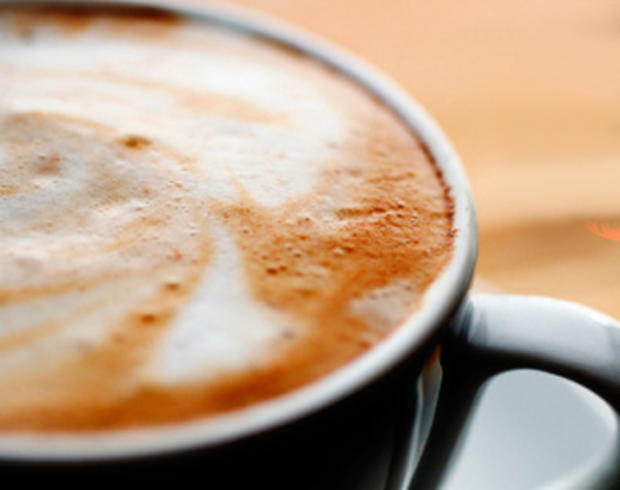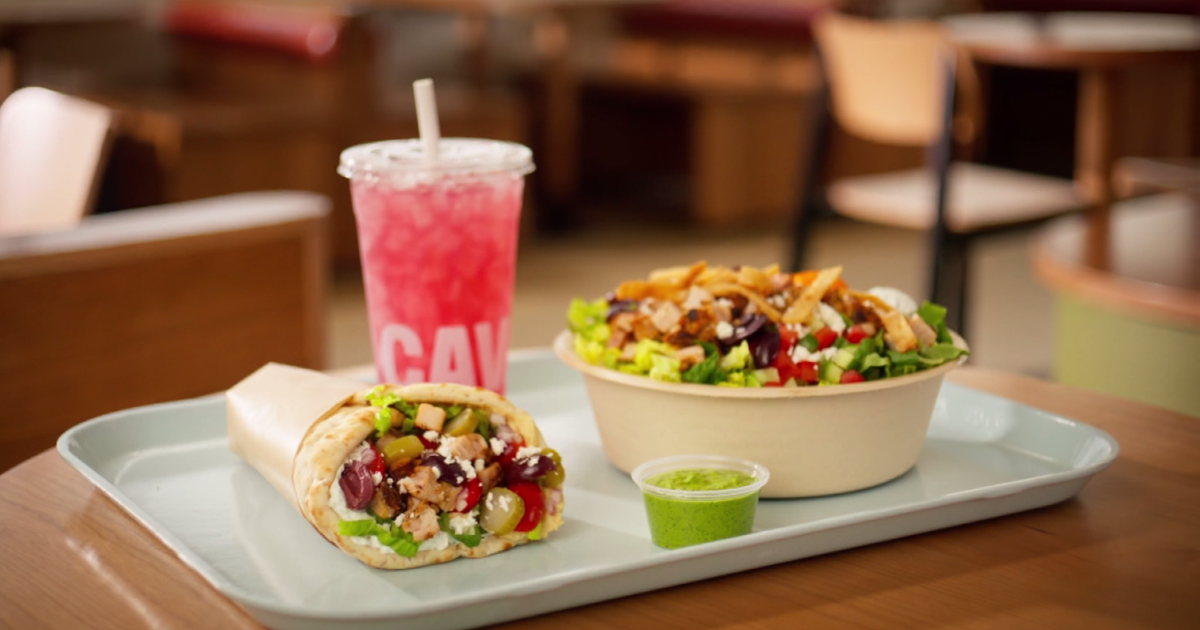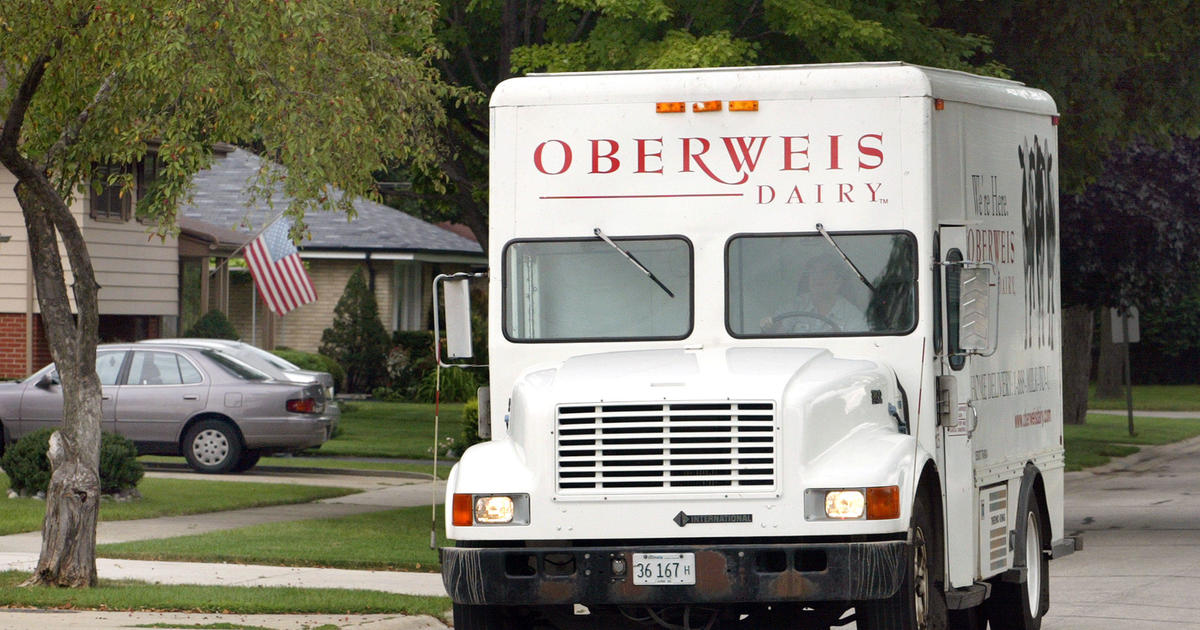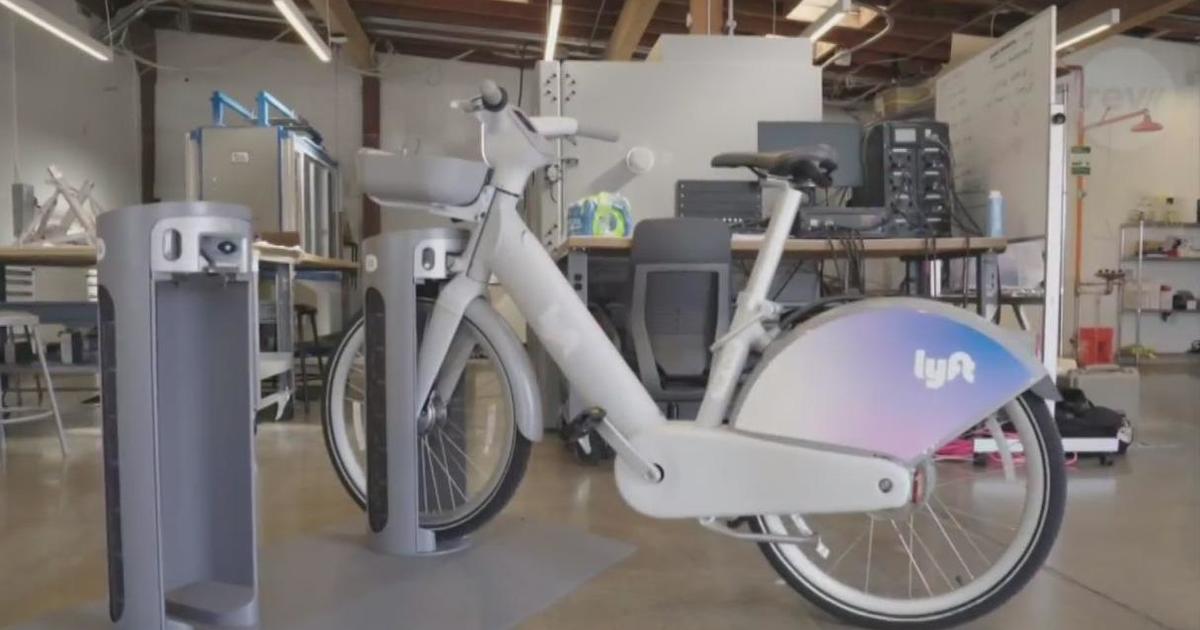The Science Of Coffee
Sarah Kluth has the coolest job in the world. As the green coffee manager and buyer for Intelligentsia, she travels the world to visit coffee farms from where the roaster gets its beans, examining the farmers' trees and equipment. In June, for example, she'd just returned from a trip to Rwanda.
In June's Night Lab, an adult science series started by Chicago molecular geneticist and cell biologist Stephanie Levi, Kluth traced the path from the coffee bean to the cup, along the way, offering tips on how to brew the perfect cup of coffee.
Kluth came prepared with jugs full of coffee beans at different stages, as a processed, dried seed and as a roasted bean. She also explained the two species of coffee: robusta, which has high bitterness and caffeine and very little complexity in the cup, and arabica, which is harder to grow, but produces complex and nuanced flavors. (Intelligentsia carries only the latter.)
Below are some of the tips on making the perfect cup of coffee that Kluth shared with the audience of about 60 in Schuba's upstairs room:
1. "Your cup of coffee will never be better than its raw ingredients." The cherries ripen at different times on coffee trees, and if the farmers selectively comb through and pick only the ripe cherries, the chances of getting a better quality bean are much higher. It can take two to three months per season to harvest coffee beans.
2. You want altitude in coffee—the coffees that come from higher altitudes have more complexity. During the warmer parts of the day, the fruits produce sugars, and at night, when it's cooler, they conserve those sugars.
3. Coffee that is designated "shade-grown" or "fair-trade" does not mean that it's better quality. As Kluth explained, those are certifications, judged by external criteria, such as use of chemicals and fair treatment of workers. They are "not a barometer of quality."
4. The freshness of unroasted coffee beans lasts 9–11 months after the harvest date, and the shelf life of roasted coffee beans is about two weeks. After that, you lose some of the delicate flavor balance. Some roasters, including Intelligentsia, put the roast date on a bag of beans, Kluth explained, and you should only "buy as much as you can realistically consume in two weeks." (In other words, don't buy two pounds of coffee and store it in the freezer for months.)
5. The quality of the water is just as important as the quality of the coffee. Don't use distilled water, Kluth said, or Chicago municipal water, which has chlorine. Use purified water with minerals, she recommended, with a mineral content of about 130–140 parts per million.
6. For grinders, Kluth recommends a Burr, which is more expensive than others, but it provides a more even grind.
7. The medium you use for coffee extraction—e.g., a French press, a V60—can change the quality of the coffee. It's about how much exposure to the water the ground coffee will have. A French press, for example, makes a coffee so thick you can almost chew it, Kluth said, but a V60 uses a paper filter and gives the coffee a cleaner, less creamy taste.
8. If you're using a paper filter, rinse it first with hot water to remove any external flavors.
By: Ruthie Kott
Craving a cup of joe? Read also: Best Coffee Houses in Chicago





